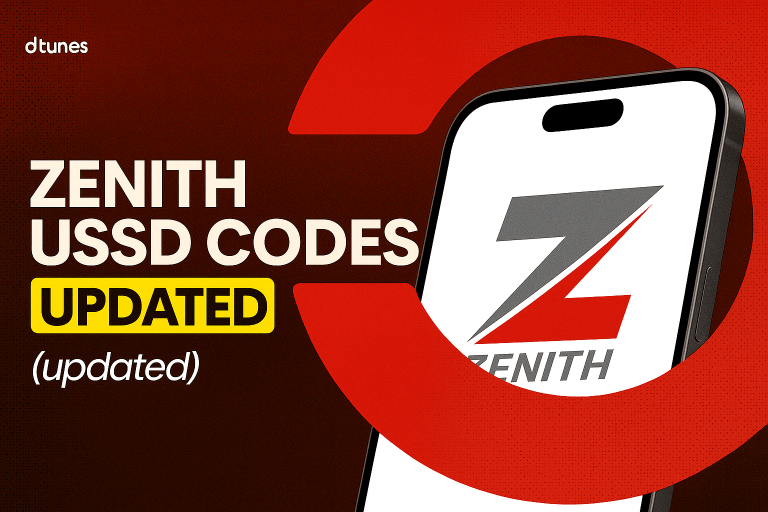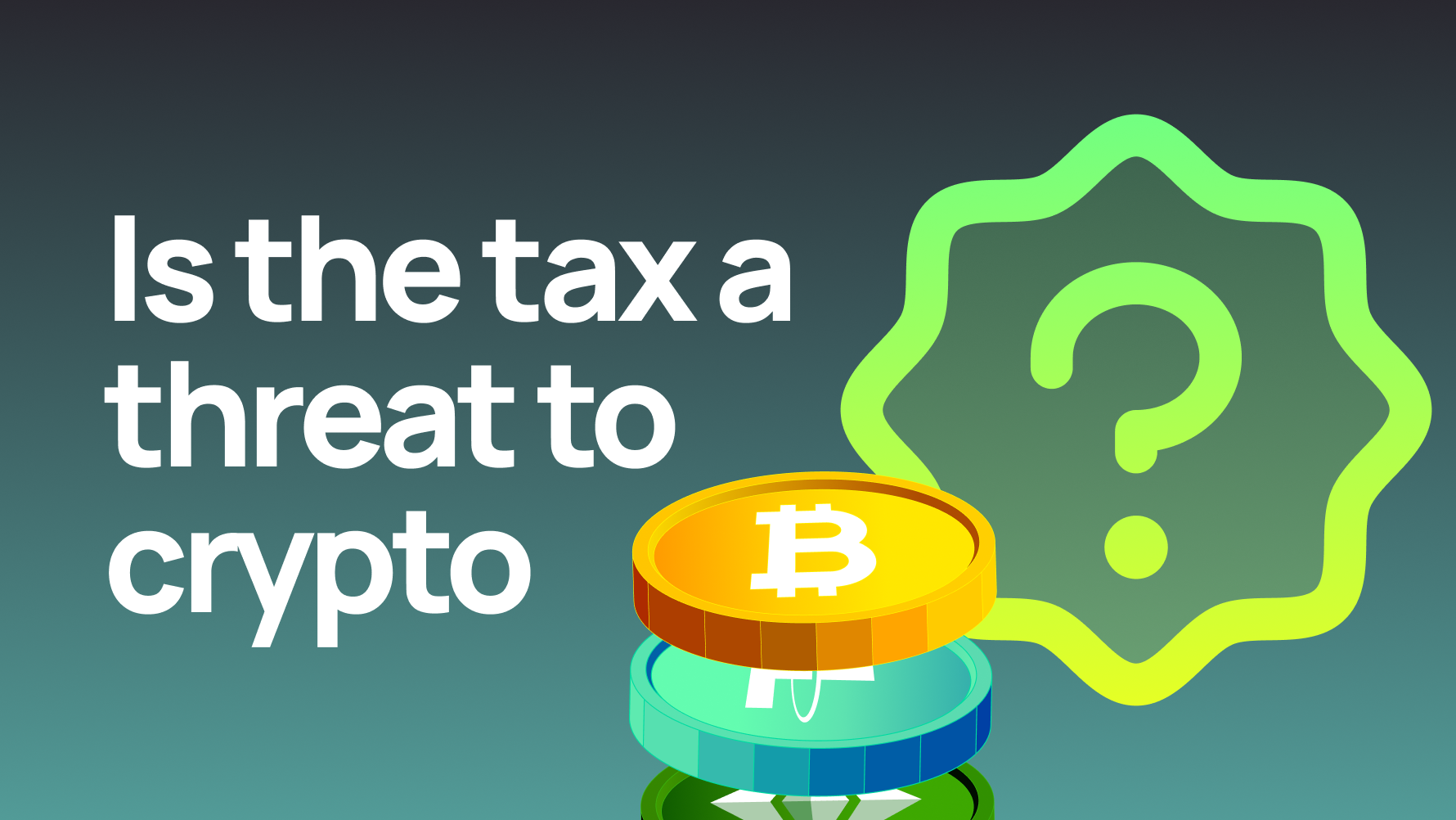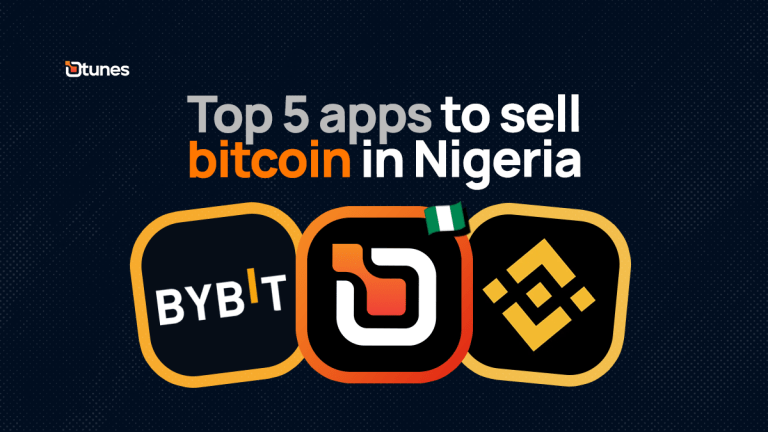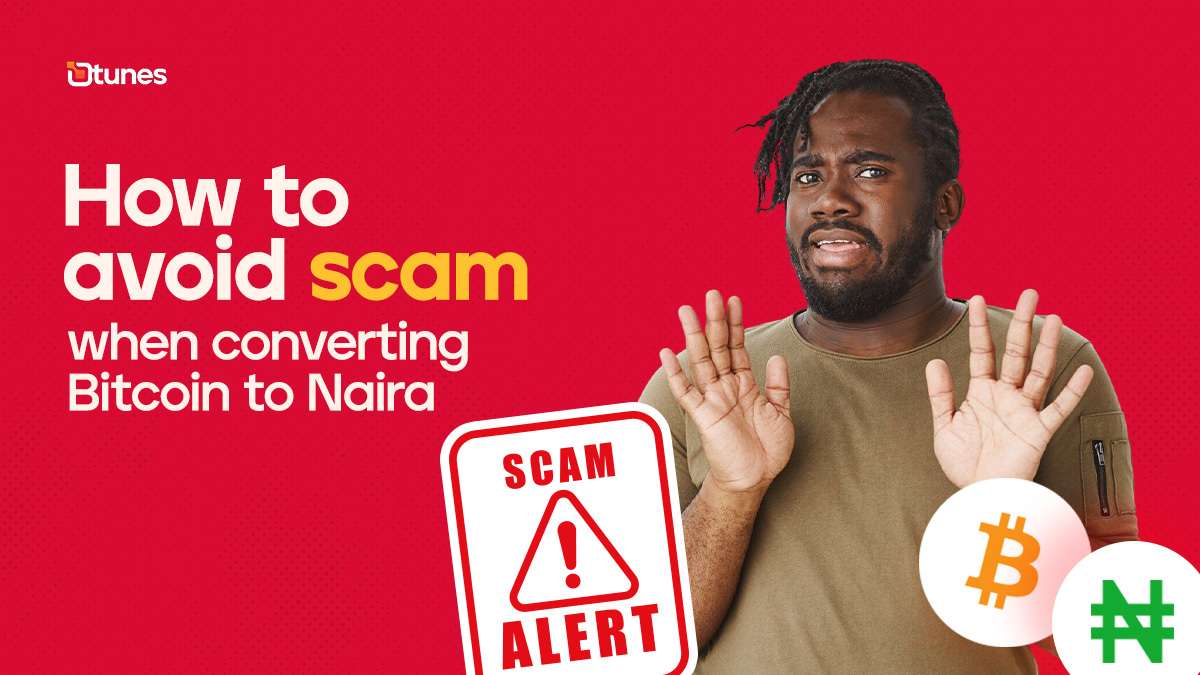
How to Avoid Scams When Converting Bitcoin to Naira in Nigeria (2025 Guide)
Have you fallen for a scam when converting Bitcoin to Naira? If you have, this article will inform you on how to stay ahead, and if you haven’t…prevention is always better, right?
Bitcoin is a must-have digital gold right now, but in Nigeria, converting it to Naira feels more like you are dealing with people ready to strip you of it.
There are several examples of these scams, such as fake P2P buyers ghosting after confirmations, phishing websites, or Telegram imposters promising high rates, illicit addresses etc.
A report by times.uk shows that Nigeria continues to be strongly associated with crypto and romance scam operations, with hundreds of suspects arrested in Lagos alone under investigations targeting crypto-romance syndicates.
If you don’t learn how to protect yourself, you’ll keep falling for them. This article is a guide to help you take full control of your Bitcoin-to-Naira transactions safely and confidently.
How to Avoid Scams When Converting Bitcoin to Naira
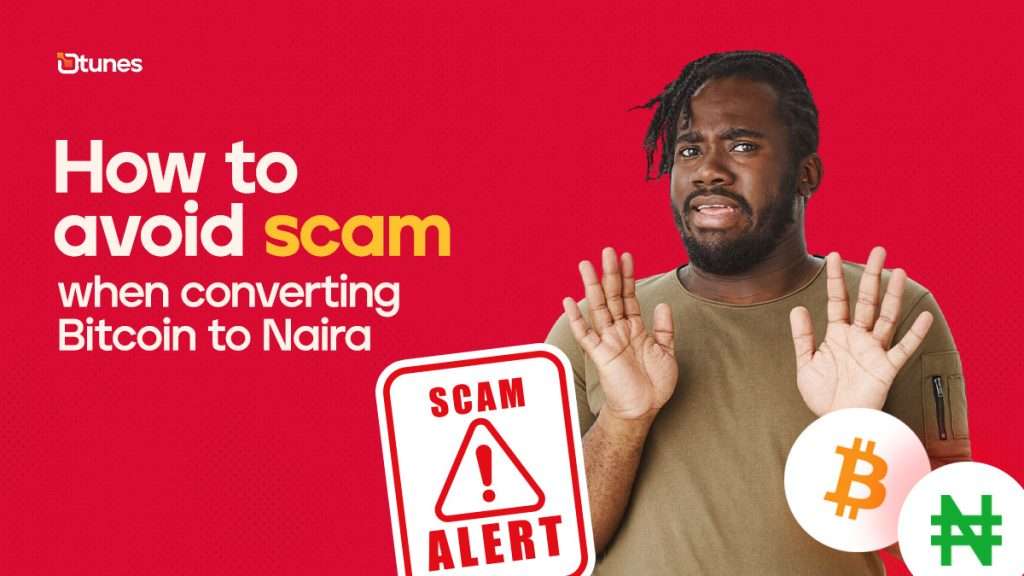
The following five tips will help you avoid scams when converting Bitcoin to Naira.
1. Verify Every Buyer or Platform: Don’t Trust Screenshots
In the P2P world, appearances are deceiving. Many scammers go the extra mile to build convincing Telegram profiles, use stolen IDs, or even fake entire payment confirmations using screenshots. One moment they’re polite and professional; the next, they’ve vanished.
Don’t just accept “proof of payment” through a screenshot. Always insist on receiving the alert in your bank account before confirming a crypto release. When using P2P platforms, verify users’ reputation scores, previous transaction history, and feedback.
Some smart scammers can manipulate platforms to appear “verified.” So double-check: How long have they been on the platform? How many completed trades? Any recent negative feedback?
If you’re not sure, pause the transaction. Ask for a video verification, chat history, or even a call. It’s your gold; guard it diligently.
2. Avoid Off-Platform Transactions: Even With Nice Rates
Often, you find scam bitcoin-to-naira transaction conversations go like this: “I’ll give you a good rate worth of BTC. Let’s move to WhatsApp.”
Scammers know how to bait Nigerians with high rates, only to pull the rug out after you’ve sent the Bitcoin. When the deal moves outside the platform, there’s zero recourse. No chat logs, no dispute resolution, no support team.
Platforms have security protocols in place for a reason. They escrow the Bitcoin, provide conflict resolution, and flag suspicious activity. But when you go off the grid, you’re fully on your own.
No matter how trustworthy someone seems, keep your transactions inside reputable platforms. Even if the rate looks better off-platform, it’s not worth it.
3. Don’t Click Suspicious Links or Join Random Telegram Groups
Crypto scammers have moved from basic cons to full-scale phishing operations. These days, you’ll see Facebook ads or Telegram invites promoting fake crypto exchanges that mirror popular platforms. Once you enter your wallet or login details, they drain your account immediately.
Some victims are lured with “instant conversion bots” or “investment opportunities” that promise 2x returns. The bots are programmed to look real, even down to fake wallet balances. By the time you realize it’s fake, they’ve gotten your private keys or tricked you into depositing BTC into a scam address.
Avoid clicking on any link that looks even slightly shady. Bookmark legit platforms, verify social media accounts, and only download apps from official sources (Play Store or App Store). Never give out your private keys, not even to support agents.
4. Beware of Over-the-Counter (OTC) Traders Without References
OTC Bitcoin sellers are everywhere now, in WhatsApp groups and Instagram DMs. But because someone says they’re an agent or posts daily rates doesn’t mean they’re legit. Many scammers build fake credibility through likes, paid comments, or cloned accounts.
Before you deal with any OTC seller, ask for real references. Not screenshots, actual people you can talk to. Even then, verify those references. Check if they’ve had consistent rates over time.
- How long have they been in business?
- Do they have a physical office or business registration?
If anything feels off, stop. Don’t let the urgency to convert fast blind you to the red flags.
5. Use a Trusted, Secure Platform Built for Nigerians
If you’re tired of being scammed or scared, use a platform that protects you.
Platforms like Dtunes were created specifically to eliminate the chaos of informal Bitcoin transactions. With built-in security, transparent rates, fast payouts, and 24/7 customer support, you no longer need to risk your assets in the wild.
With Dtunes, safe conversion exists.
Why Dtunes Is Your Scam-Proof Partner for Bitcoin-to-Naira Conversion
Dtunes is built for Nigerians who want a smooth, secure, and stress-free way to convert Bitcoin to Naira without the fear of disappearing buyers or fake alerts. Every transaction is handled transparently, and you get paid directly into your bank account instantly.
Key features of Dtunes:
- No fake buyers—Dtunes is a direct exchange, not P2P.
- Fast payout—Get your naira within minutes, 24/7.
- Excellent support—their team is available on WhatsApp, Telegram, and live chat.
- Transparent rates—no hidden fees. What you see is what you get.
- Nigeria-first—built for our local market realities.
How to Convert Bitcoin to Naira on Dtunes
- Download the Dtunes mobile app on Google Play Store or Apple App Store.
- Sign in or register using your details.
- Tap “Sell Crypto” from the homepage.
- Choose Bitcoin or any crypto you want to convert.
- Input the amount you want to sell. You’ll see the Naira equivalent instantly.
- Click “Sell.”
- Before you begin, set up: Biometrics (fingerprint or face unlock) and Bank account connection
- Your funds should land in your bank within 5–10 minutes. That’s it. Fast, secure, and all from your phone.
No middlemen. No screenshots.
Key Takeaways: Here’s How to Avoid Bitcoin Scams in Nigeria
- Don’t trust screenshots; confirm bank alerts before releasing BTC.
- Stay on the platform, don’t fall for juicy rates outside.
- Watch out for fake websites, bots, and Telegram scammers.
- Always vet OTC sellers or avoid them altogether.
- Use Dtunes for a safe, fast, and direct Bitcoin-to-Naira conversion.
Final Thoughts
Bitcoin is here to stay, and scammers are here to stay. Chainanalysis predicts more Bitcoin to be lost to illicit activities in 2025.
You don’t need to become a blockchain expert to protect your money. Just follow the rules, stay alert, and use platforms like Dtunes that were built to protect you. The crypto space is full of opportunities, but only if you can convert your digital assets without bleeding your savings to fraudsters.
Frequently Asked Questions (FAQs)
1. How can I identify a scammer when selling Bitcoin?
Look out for fake payment proofs, pressure to move off-platform, or too-good-to-be-true rates. Always insist on payment confirmation before releasing Bitcoin.
2. Is it safe to sell Bitcoin to strangers on WhatsApp or Telegram?
It’s highly risky. Many scammers operate on these platforms. Use trusted platforms like Dtunes instead.
3. What’s the safest way to convert Bitcoin to Naira in Nigeria?
Using direct exchange platforms like Dtunes that offer instant payouts, verified security, and no third-party risks.
4. Can I recover Bitcoin lost to a scam?
Unfortunately, crypto transactions are irreversible. Once lost, it’s nearly impossible to retrieve. Prevention is your best weapon.
5. Why do scammers use screenshots as proof of payment?
Because screenshots can be edited easily. Always check for real-time bank alerts and transaction reference codes before confirming.
For More Crypto-Related Posts, See
- 10 Best Sites to Sell Bitcoin in Nigeria
- Dtunes: Fast App to Sell Bitcoin And USDT to Naira
- Best P2P Crypto Exchanges in Nigeria
- 5 Reasons and Benefits of Holding Cryptocurrency in 2025
- How to Start Saving with Tether USDT, Cryptocurrency
- How to Sell Bitcoin Cash (BCH) in Nigeria: The Expert’s Guide
- Exploring the Concept of Crypto Banking
- USDC vs USDT: All You Need To Know
- How to Sell USD Coin (USDC) in Nigeria
- How to Sell Solana (SOL) in Nigeria
- Hold, Sell, and Manage Crypto Like a Pro with Dtunes 2.0
- Binance Coin (BNB) in 2025: A Beginner’s Guide to Crypto’s Strongest Assets
- How to Sell Litecoin For Cash In Nigeria
- What is Ethereum, Smart Contracts, Gas Fees, Mining & Use Cases
- How to Sell Ethereum In Nigeria At The Best Rate
- How to Make Money with Crypto Without Trading
- 10 Factors for Choosing the Best Crypto Wallet in Nigeria
- Top 5 Paxful alternatives to sell Bitcoin in Nigeria
- Where can I convert my Bitcoin for cash in Nigeria?
Godwin has spent the last 5 years making SEO magic happen and now leads as SEO Manager at Dtunes. When he’s not tweaking search rankings, you’ll catch him vibing to music, playing games, or hanging out with friends.


